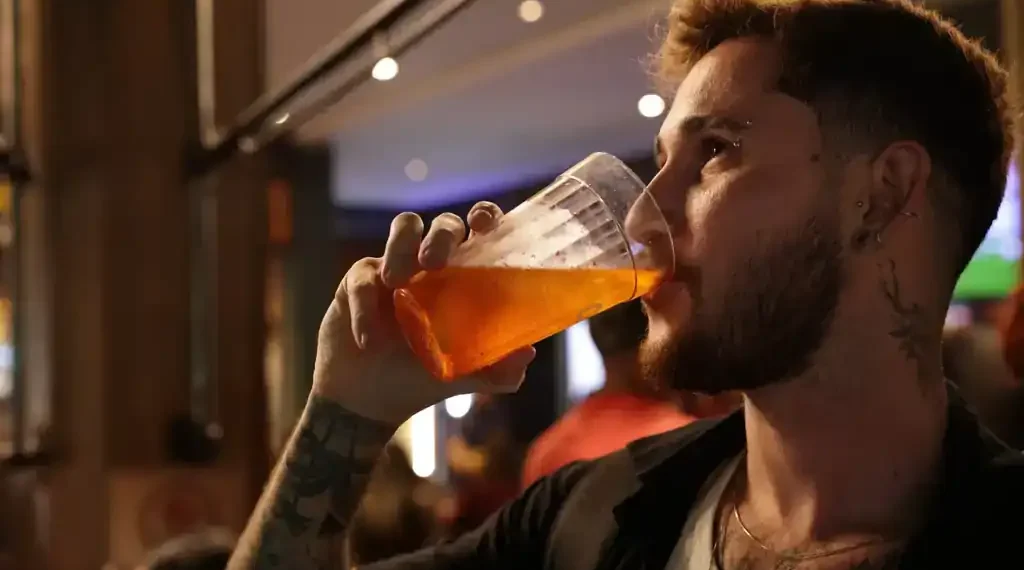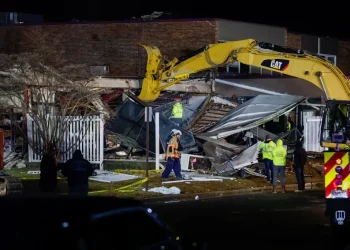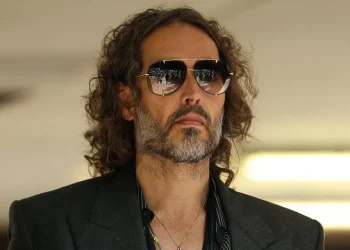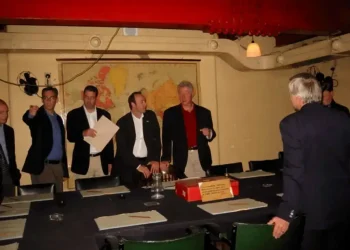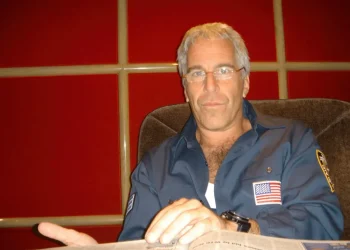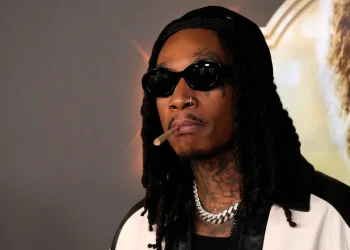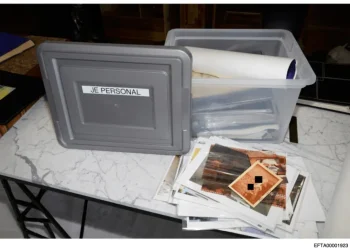Methanol Poisoning Scare Prompts Nationwide Caution Over Cocktails in Brazil
Published: October 5, 2025, 14:00 EDT
A growing methanol poisoning crisis has triggered widespread fear across Brazil, prompting bars, restaurants, and consumers to avoid cocktails and distilled spirits. Authorities have confirmed multiple cases—including one death—linked to tainted alcohol, leading to intensified inspections and public warnings nationwide.
Bars in São Paulo See Sharp Drop in Cocktail Orders
At a popular bar near Paulista Avenue, one of São Paulo’s busiest nightlife areas, business manager Edilson Trindade said customers are avoiding Brazil’s signature cocktail, the caipirinha, amid fears of methanol contamination.
“Clients have been worried, and we’re advising them it’s better not to drink cocktails,” Trindade told The Associated Press. Normally, his bar sells about 80 caipirinhas each night. Last week, not a single one was ordered.
The shift reflects a broader national unease as the Health Ministry confirmed 11 methanol poisoning cases tied to alcoholic beverages and is investigating 116 suspected cases. One fatality has been verified in São Paulo, while 11 additional deaths remain under review.
Nearly all confirmed cases have occurred in São Paulo state, the epicenter of the outbreak. Local reports have described patients hospitalized with severe symptoms, including blindness and organ failure.
Public Panic and Changing Drinking Habits
The crisis intensified after reports that Brazilian rapper Hungria was hospitalized in Brasília, possibly after consuming adulterated alcohol. The artist reassured followers on social media that he was recovering and would soon be discharged.
“Friday has a different energy. If you feel thirsty, find a safe place to have a drink,” he posted on Instagram.
Health Minister Alexandre Padilha urged citizens to avoid distilled beverages—especially clear or colorless spirits—unless they are certain of their origin. He noted that Brazil had already recorded as many methanol poisoning cases in August and September as in a typical full year.
“As a physician and health minister, I advise everyone to avoid distilled products, especially colorless ones, unless you’re certain of their origin,” Padilha said. “These are not essential items.”
The warning has caused panic across Brazil. Some bars have stopped selling cocktails entirely, while others have replaced them with safer alternatives such as beer, wine, or pre-mixed mocktails.
Fear Among Consumers
Many Brazilians have responded with caution. Jessica Ávila, a 34-year-old cultural producer, said she no longer feels comfortable ordering cocktails.
“With all these cases and more deaths being reported each day, it’s alarming,” she said while visiting a São Paulo bar. “I’ve even seen well-known people being hospitalized. I can’t bring myself to drink any distilled spirits unless I’m sure they’re not counterfeit. I’m sticking to beer.”
Understanding the Risks of Methanol
Experts explain that methanol—commonly called “wood alcohol”—is a toxic chemical used in fuel, antifreeze, and solvents, not intended for human consumption. Unlike ethanol, the type of alcohol found in legitimate spirits, methanol can cause nausea, vomiting, dizziness, blurred vision, seizures, or even coma if ingested.
According to the U.S. Centers for Disease Control and Prevention (CDC), suspected poisoning requires immediate medical attention to prevent permanent damage or death.
Police Crack Down on Counterfeit Alcohol Trade
Authorities in São Paulo have intensified inspections of bars, distributors, and suppliers linked to the ongoing cases. Artur Dian, chief of São Paulo police, said investigators confirmed that counterfeit alcoholic beverages were contaminated with methanol but have yet to determine whether the contamination was deliberate or accidental.
“We need to understand how the contamination occurred,” Dian said. “Individuals who counterfeit spirits often mix them with other substances to increase profit, which may include methanol.”
He added that another possible cause could be residual methanol left in reused bottles. “While small amounts might not cause harm, we don’t yet know the concentration levels in each case,” he said.
Illicit Alcohol Market on the Rise
The Brazilian Association of Distilled Beverages (ABBD) warned that the country’s black-market alcohol trade has been growing rapidly. A Euromonitor study commissioned by the group found that adulterated beverages account for 28% of Brazil’s total alcohol market and are typically sold 35% cheaper than legitimate brands.
Industry experts say the combination of high taxes, weak enforcement, and economic hardship has fueled demand for low-cost counterfeit alcohol, which often lacks quality control or safety oversight.
Authorities Urge Vigilance and Consumer Awareness
Health officials continue to urge the public to remain cautious and verify the source of all alcoholic beverages. Bars and restaurants are being asked to purchase only from licensed distributors and to report any suspicious products to authorities.
“Every Brazilian must prioritize safety,” Padilha said. “If you have any doubt about a drink’s authenticity, do not consume it.”
As investigations continue, São Paulo police have seized several batches of unlicensed liquor believed to be linked to the outbreak. Officials say more arrests could follow as they trace the supply chain of the counterfeit products.
This article was rewritten by JournosNews.com based on verified reporting from trusted sources. The content has been independently reviewed, fact-checked, and edited for accuracy, neutrality, tone, and global readability in accordance with Google News and AdSense standards.
All opinions, quotes, or statements from contributors, experts, or sourced organizations do not necessarily reflect the views of JournosNews.com. JournosNews.com maintains full editorial independence from any external funders, sponsors, or organizations.
Stay informed with JournosNews.com — your trusted source for verified global reporting and in-depth analysis. Follow us on Google News, BlueSky, and X for real-time updates.
